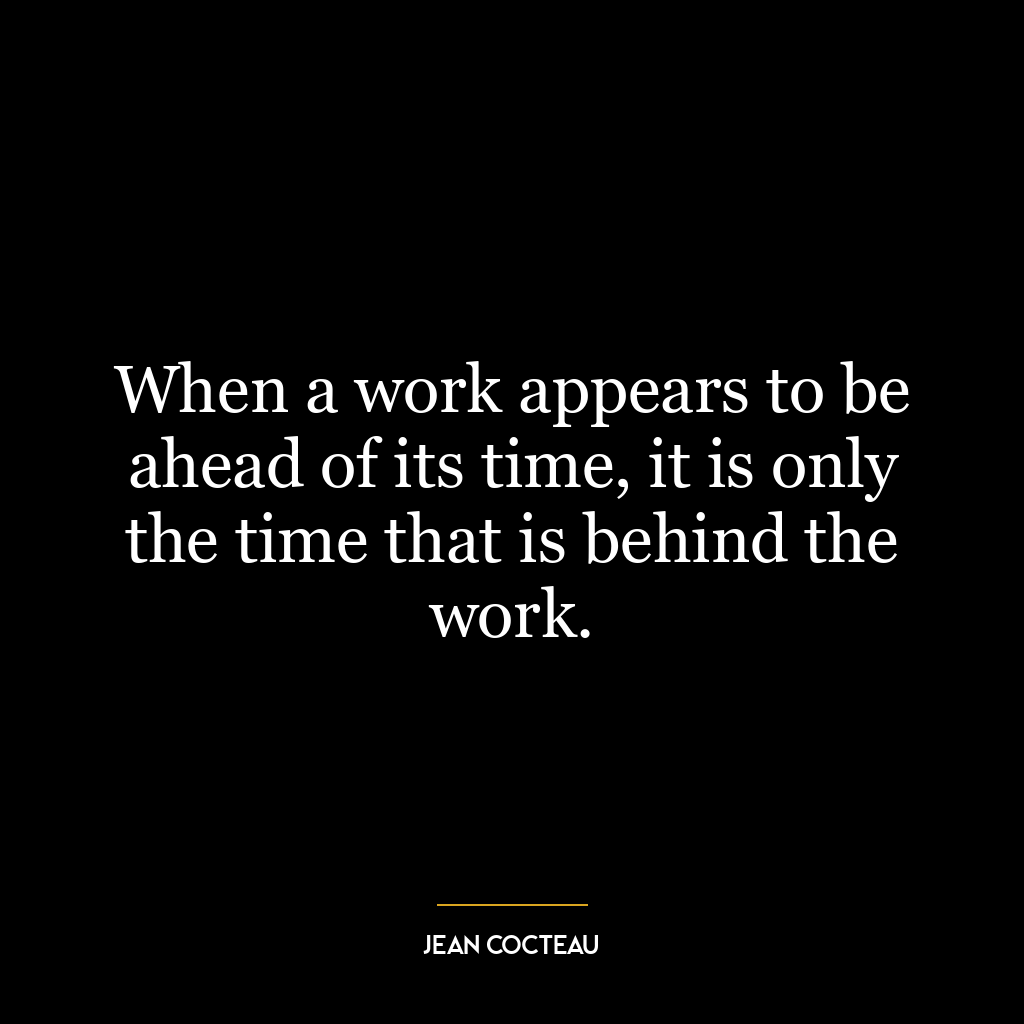Paradigms are powerful because they create the lens through which we see the world.
This quote is about the power of paradigms, or the frameworks through which we interpret and understand our surroundings. Paradigms can be likened to lenses or filters that color our perception of reality. These could be our cultural, social, or personal beliefs, values, and experiences that shape our understanding of the world.
The quote underscores the power of paradigms because they essentially shape our reality. We make sense of the world based on the paradigms we hold. For instance, if we have a positive outlook on life, we’re likely to interpret events, interactions, and experiences in a positive light. Conversely, if our paradigm is negative, we might see the world as a hostile or challenging place.
In today’s world, this quote is particularly relevant due to the rise of social media and the digital age. The internet has created a multitude of different "lenses" through which we can view the world. These digital paradigms can be powerful in shaping our perceptions and beliefs, often without us even realizing it. For example, the way we perceive beauty, success, or happiness can be heavily influenced by what we see on social media platforms.
In terms of personal development, understanding the power of paradigms can be transformative. It means acknowledging that our current perceptions and beliefs are not absolute truths, but rather interpretations shaped by our unique lenses. This realization can empower us to change our paradigms, and therefore, change our reality. For instance, if we’re stuck in a negative mindset, understanding that this is just one possible lens can motivate us to shift towards a more positive paradigm.
Moreover, this idea encourages us to be more open-minded and understanding of others’ viewpoints. Recognizing that everyone has their own unique paradigms can foster empathy and respect for diversity. It reminds us that there is no single "correct" way to view the world, but rather a multitude of different perspectives shaped by individual paradigms.








